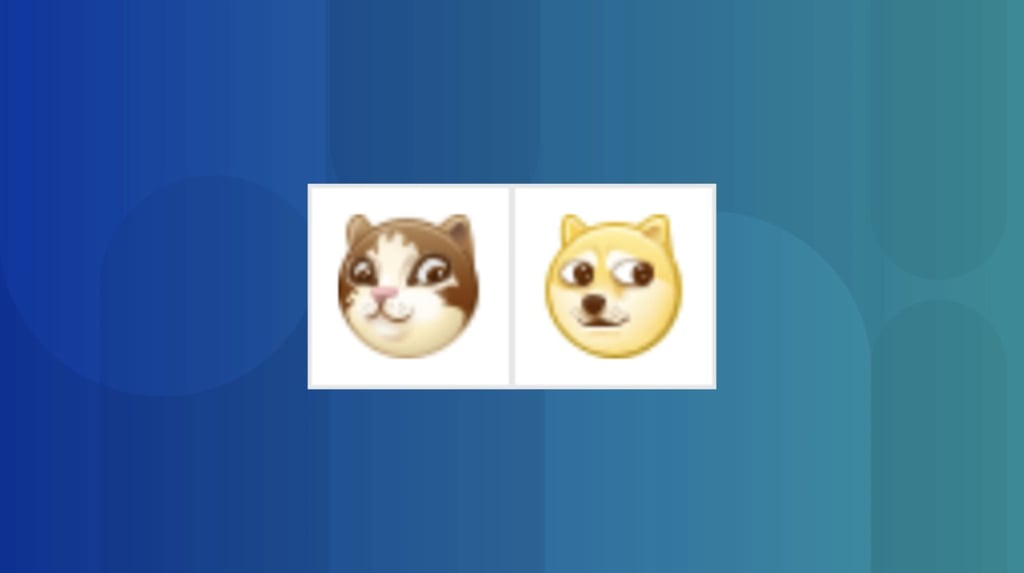Advertisement
How to properly use three popular emoji on Chinese social media
Don’t just throw around a smiley face or Shiba Inu emoji willy-nilly. There are rules
Reading Time:3 minutes
Why you can trust SCMP

This article originally appeared on ABACUS
It’s been 20 years since the first emoji were created in Japan, and they’re now used by 92% of the world’s online population. In a way, it’s a digital language that transcends culture. But in some cases, emoji can be used in ways that are significantly different from their original meanings, which can cause confusion if you’re not careful. This is especially true when it comes to China’s unique internet culture.
Advertisement
Chinese netizens are avid users of emoji and animated stickers. China’s two most popular social platforms, WeChat and Weibo, even have their own set of emoji. For different reasons, they also have their own unique meanings.
Doge the Shiba
In 2013, the picture of a Shiba Inu dog took the internet by storm. Not even China was immune to the charm of the Doge meme, which showed the dog looking at the camera knowingly with its paws crossed while surrounded by broken English phrases. In the intervening years, the popularity of the original meme has waned, but the emoji version remains popular on Weibo in China.

When you see a Weibo comment or post with one or a few Doge emoji at the end of the sentence, the user could mean the opposite of what they’re saying. It has essentially become a symbol of sarcasm, which is especially useful for expressing political views on China’s heavily censored social media.
How Weibo became China’s most popular blogging platform
In one example, under a Weibo post from Global Times chief editor Hu Xijin about the Hong Kong protests, someone wrote, “It must be foreign forces who paid for the hundreds of thousands of people (protesters),” followed by three Doge emoji.
Advertisement

Advertisement